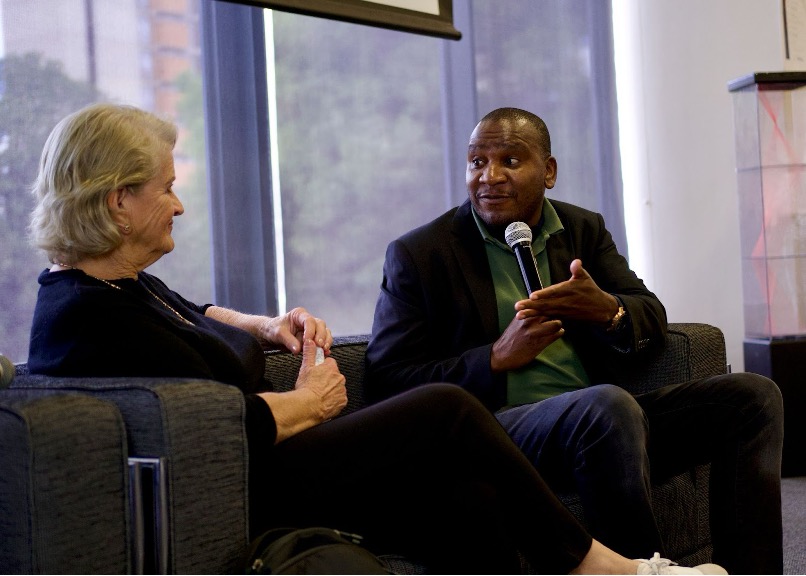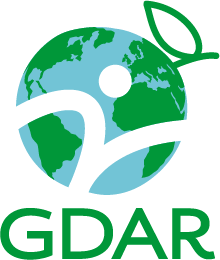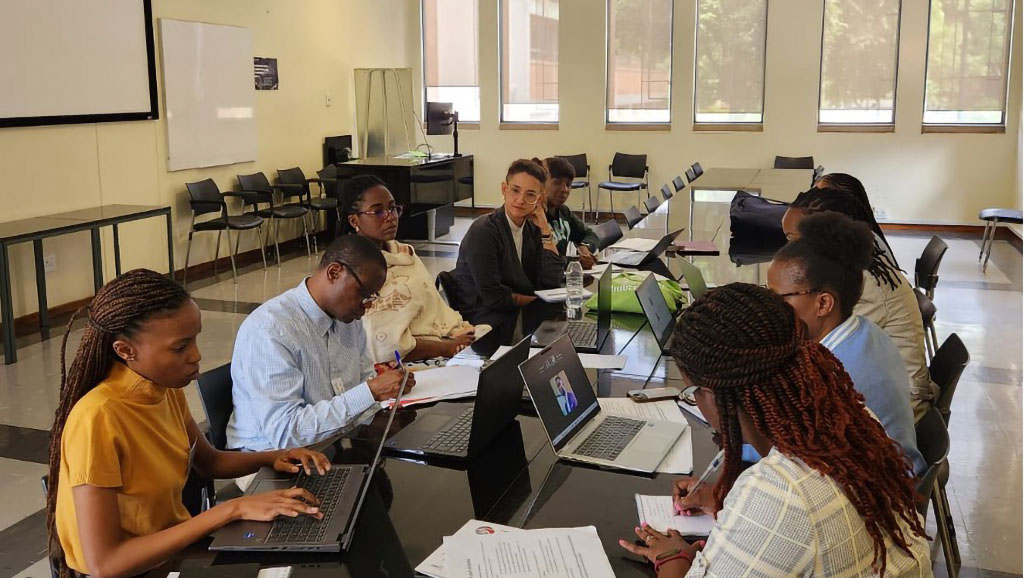In November we convened our Annual Network Meeting in Johannesburg, hosted by the SAMRC/Wits Centre for Health Economics and Decision Science (PRICELESS SA) at the University of the Witwatersrand. This was our 7th annual meeting as a network. We brought together our research partners from Brazil, Cameroon, Jamaica, Kenya, Nigeria, South Africa, and the United Kingdom to explore the critical topics of urban health, physical activity, diet, and climate change. See day one reflection here.
The researcher’s journey
The day two ECR session encouraged discussion around what resources, skills, expertise and capacities are available or are required to achieve personal and research goals. This was particularly necessary considering the range of ECRs in the group from those considering starting a PhD, to those almost at PhD completion, and others in post-doc positions navigating grant writing or non-academic pathways. A key takeaway was that it is important that we make use of the diverse skill set that is present in the GDAR network as well as the various connections facilitated across the network. While the core and common discipline within the network is public health, many have skills, backgrounds, and connections from areas such as anthropology, law, geography, urban planning and medicine that are important assets to GDAR work and future opportunities for collaboration.
In their session, the PIs discussed different formats for co-design such different models they had encountered (e.g. community embedded research in China). The PIs explored ways to sustain policy engagement for co-design, which for several people in the room involved working with technical staff who remained in post through fluctuating election cycles. Notable topics were the risks of paternalistic or colonial tendencies of researchers in engaging with local stakeholders and the challenge of achieving sustainable co-design within the boundaries of precarious research funding structures.

Optimising our impact
In the afternoon Dr Sue Golstein (PRICELESS SA), hosted an engaging panel discussion to address our question of the day “How has our work influenced research, policy, and the community, and what strategies can we implement to further optimise our impact in the year ahead?” Our panelists included Valentino Pelé, a visual artist from Belo Horizonte, Brazil, working with Favela Bela, who stressed the need to start community engagement with children; Nzama Mbalati, social activist and CEO of HEALA, from Johannesburg, South Africa, who shared his work in community and health systems strengthening; Lizian Onyango, programs officer with Slum Dwellers International Kenya, based in Kisumu, who underscored the significance of interdisciplinary collaboration and community-driven approaches; and Dr. Barbara Holtmann, from Johannesburg, South Africa, a feminist urban safety and development practitioner at Fixed, who shared insights on enriching communities through meaningful engagement.
Watch Pelé’s video:
We closed the day by thinking about our own stakeholder engagements, a session led by Lídia Morais (Federal University of Minas Gerais), to consider what went well, what didn’t, and how we can have the best experience for ongoing engagements. In the last year, over 140 representatives from policymakers, NGOs, communities, and researchers have contributed to the GDAR research agenda and we hope these partnerships continue to grow.

